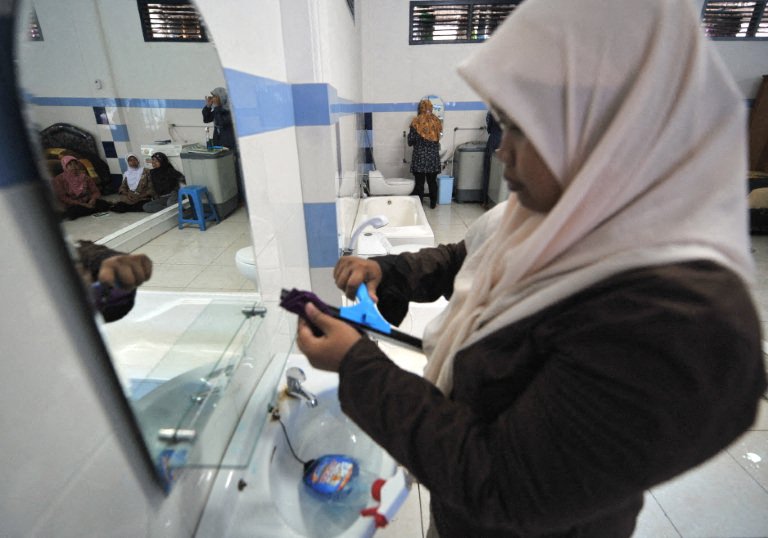Riyadh, Saudi Arabia – Saudi Ministry of Human Resources and Social Development (MHRSD) announced on Monday that it has cut the upper limit of fees for recruiting domestic workers from a number of countries.
These countries include the Philippines, Sri Lanka, Bangladesh, Uganda, Kenya, and Ethiopia.
The initiative comes within the framework of the ministry’s efforts to review the recruitment costs and their governing regulations, in accordance with the changes in recruitment costs so as to ensure fair prices, Saudi Gazette reported.
The reductions made in the upper ceiling for recruitment costs are the following: The Philippines from $4,240 to $3,920; Sri Lanka from $4,000 to $3,680; Bangladesh from $3,520 to $3,170; Kenya from $2,900 to $2,400; Uganda from $2,530 to $2,200, and Ethiopia from $1,840 to $1,590.
The ministry had previously directed licensed recruitment companies and offices to set the upper limit for the costs of recruiting domestic worker services from some nationalities, as the upper limit for recruiting domestic workers from Sierra Leone and Burundi is $2,000; $2,670 from Thailand, without including the value-added tax (VAT).
The decision comes within the framework of the ministry’s effort to develop all services, improve the labor market environment and enhance its attractiveness. It also shows the ministry’s keenness to review costs, services, and systems in accordance with economic variables, and in a manner commensurate with them. The ministry stressed the need to adhere to not exceeding the ceiling of announced prices, as it will follow up on implementing this through the Musaned platform.








